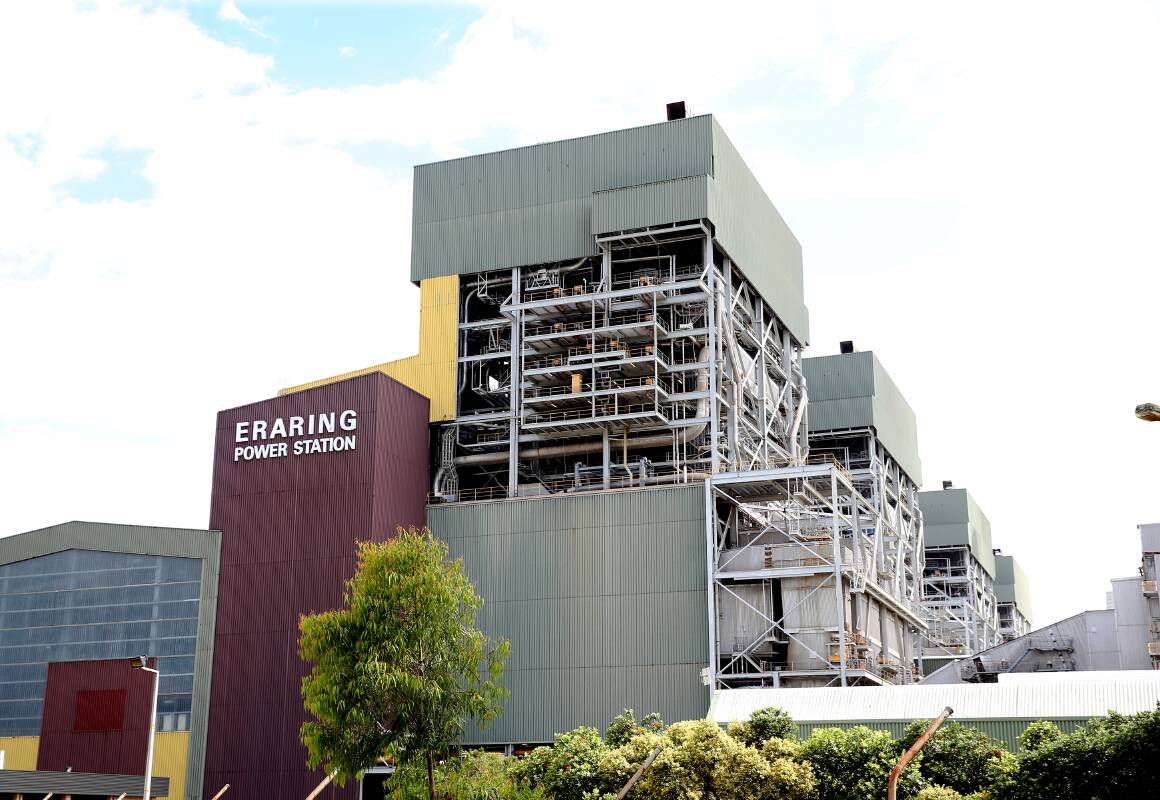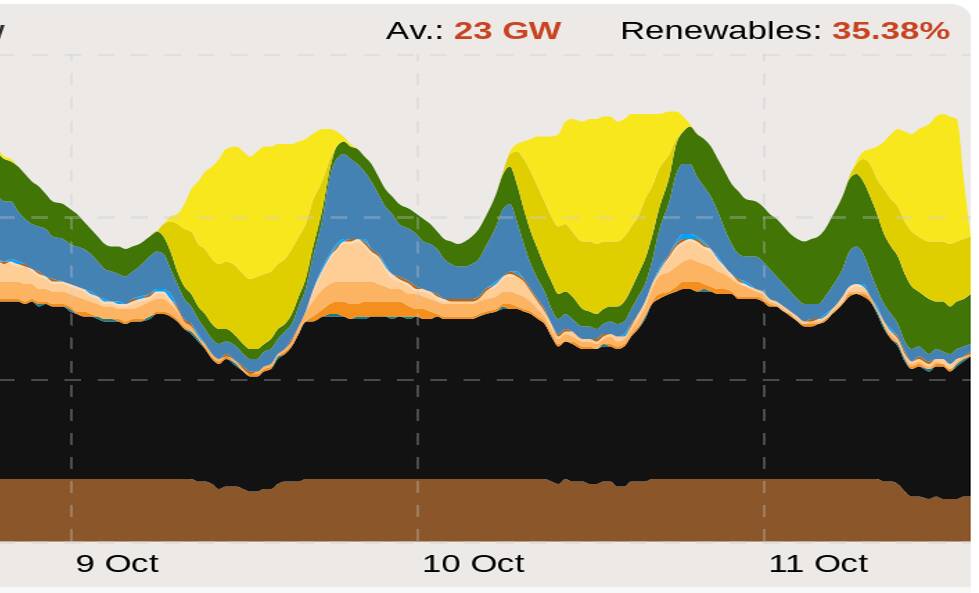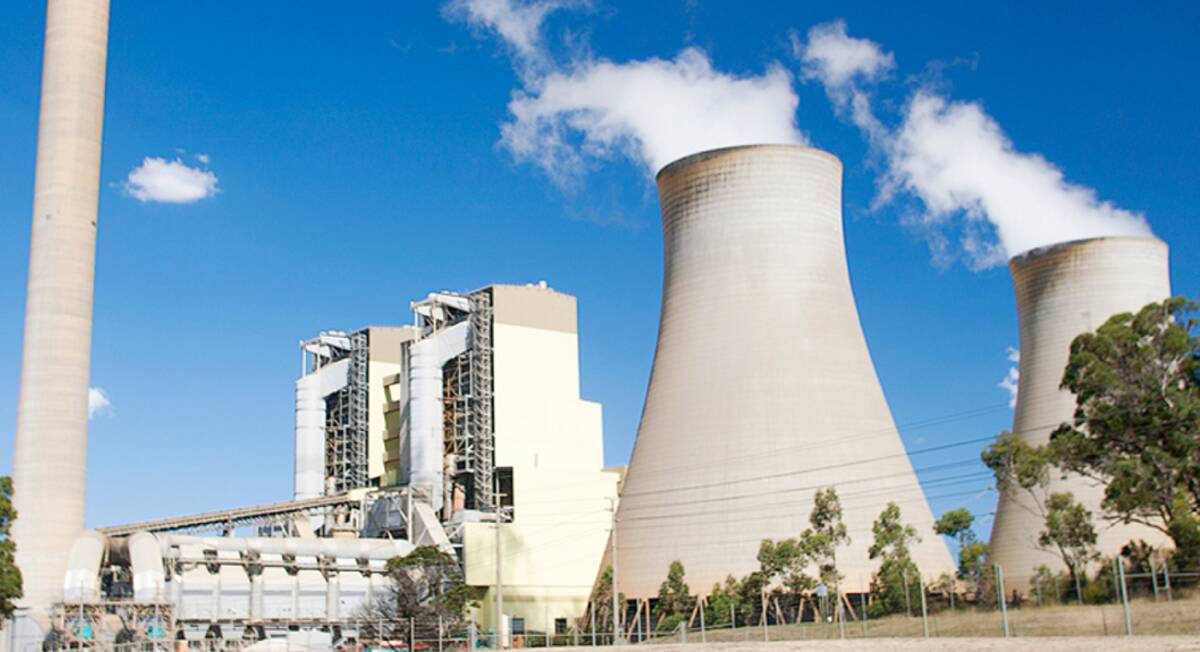
ORIGIN Energy is looking again at its proposed 2025 closure of Eraring power station, according to comments reported from the same energy summit that saw rival Alinta Energy predict power price increases of at least 35 per cent next year.
The warning from Alinta Energy CEO Jeff Dimery has set off a firestorm of controversy, although some summit speakers were more optimistic about prices.
But for Hunter residents, the intentions of Origin CEO Frank Calabria may have a more direct impact, with summit host, the Australian Financial Review, reporting that he "and Origin are actively considering whether the group's plan to shut its Eraring power plant ahead of schedule is realistic".
Origin announced on February 17 that it had "submitted notice ... for the potential early retirement of Eraring power station in August 2025".
Origin reconfirmed this intention last week to the Newcastle Herald. But asked about Mr Calabria's comments yesterday, a spokesperson pointed to a sentence in the February statement, which said: "We will continue to assess the market over time, and this will help inform any final decisions on the timing for closure of all four units."
The spokesperson insisted that nothing had changed, but commentators have interpred Mr Calabria's summit comments as a re-think of the situation.

"The scale of what has to be undertaken to be built is unimaginable," Mr Calabria was quoted as saying.
"I'd be delighted if we could hit (the) 43 per cent (reduction in carbon dioxide emissions). The reality is it's an enormous challenge."
The 35 per cent warning from Alinta Energy was a reference to the huge cost of building enough renewable generation and storage to do away with coal and gas.
Victoria's Yoy Lang A and B brown coal power stations are two of Australia's biggest emitters. AGL has brought forward closure of the A station to 2035.
Alinta, which owns Yoy Lang B, only bought the station in November 2017, for $1.2 billion.
This purchase was just six months after Chinese company Chow Tai Fook Enterprises bought Alinta for $4 billion.
"What cost me $1 billion to acquire is going to cost $8 billion to replace," Mr Dimery said.
"So let's talk about that and still explain to me how power energy prices come down - I don't get it."
The $8 billion was the likely cost of a 1000-megawatt offshore wind farm, with 900 megawatts of pumped hydro to store or "firm" the wind output.
Retailers have approval to raise their maximum or "default" prices by up to 18.3 per cent this financial year, after prices rose by as much as 8.4 per cent last year.

WHAT DO YOU THINK? We've made it a whole lot easier for you to have your say. Our new comment platform requires only one log-in to access articles and to join the discussion on the Newcastle Herald website. Find out how to register so you can enjoy civil, friendly and engaging discussions. Sign up for a subscription here.







